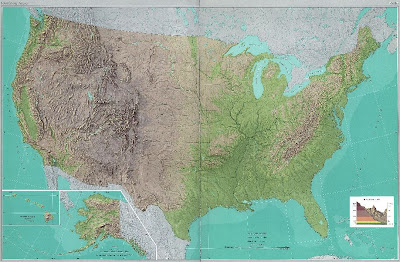15th Warmest July
SEARCH BLOG: GLOBAL WARMING
From NOAA
Is NOAA now marketing global warming? 15th warmest? Is that supposed to be significant? Now look at the map below to see how it affected the population of the U.S.National Overview:
July Temperature Highlights
- For the contiguous United States, July 2007 was the 15th warmest July since records began in 1895. The monthly mean temperature was 1.4°F (0.8°C) above the 20th century average of 74.3°F (23.5°C).
- However, the persistent atmospheric pattern that brought cooler than average temperatures to the East contributed to record and near-record warmth in the West. The warmest July since statewide records began in 1895 occurred in Montana, Wyoming, and Idaho. Nevada had its second warmest July and Arizona and Utah their third warmest Julys on record. Alaska was 1.2°F (0.7°C) warmer than the 1971—2000 mean in July.
- There were 11 days of triple digit temperatures in Missoula, Montana in July, almost double the previous record of 6 days for the month. In Boise, Idaho it was the hottest month ever, and the average high temperature for the month was a remarkable 98.6°F (37°C), more than 9°F (5°C) above the monthly average.
- The cooler-than-average July temperatures in the heavily populated eastern U.S. helped push down residential energy needs for the nation as a whole. Using the Residential Energy Demand Temperature Index (REDTI - an index developed at NOAA to relate energy usage to climate), the nation's residential energy demand was approximately 4 percent lower than what would have occurred under average climate conditions for the month.
Compare that with a relief map of the U.S. and it looks as if all of those weather stations on mountains got hot. Heat really does rise!
Were there any monthly state record high temperatures set [not some shaky average calculation]? No data published yet, but I'm also guessing that the answer is "no."
When you go back over the first six months of the year and then include July, you'll see that 2007 has been remarkably unremarkable. And, as you can see, no scars from runaway, positive-feedback, global warming around here.




























